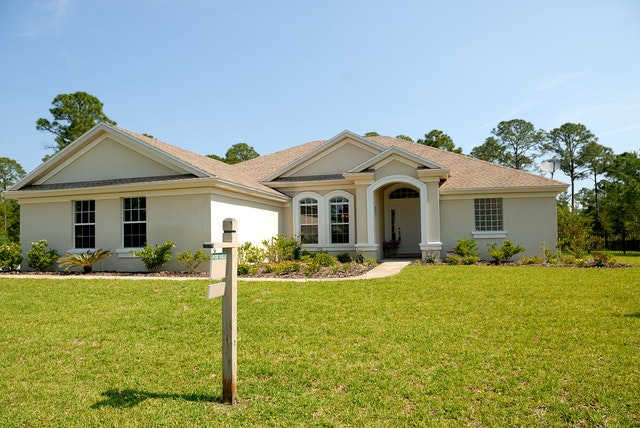
Buying a home comes with a huge financial obligation – the mortgage. In addition to that, you also have to worry about your down payment and what your monthly payments will be. These are the most common costs of buying a home.
As with any investment, you will likely encounter hidden costs that might not be that apparent from the get-go.
In this article, we’ll list and explain the different hidden costs you’ll most likely come across when buying a house.
1. Closing Costs
Table of Contents
Before your house purchase is finalized, there’s a lot of legal and financial paperwork that has to be completed first. Making sure all legal aspects of your purchase have been taken care of requires time, money, and preparation.
Once all the legal paperwork has been completed, you’ll be able to close on the house. The culmination of all of these efforts results in what’s known as closing costs.
In most cases, closing costs may include:
- Appraisal fees
- Escrow fees
- Inspection fees
- Property taxes
- Private mortgage insurance
- Title insurance
Homebuyers are expected to cover all the legal fees rather than the sellers. Depending on the fees that need to be paid, closing costs can take up as much as 5% of your
2. Repairs or Renovations
In most cases, owners are going to need to renovate or repair their houses. Sometimes, immediate repairs are needed to prevent further damage to the house. Renovations, especially in today’s market, tend to be pricey due to the scarcity of building materials.
When you’re buying a home, you’re also buying the problems that come with it. Fixing these issues will require additional financial resources on your end.
Since repairs and renovations are the responsibility of the homeowner, you should plan for them even if you’ve just bought the property.
3. Homeowners Association Fees
Many neighborhoods have an associated Homeowners Association (HOA). The job of the HOA is to handle anything that the neighborhood needs. This includes maintenance, landscaping, and security, among other things.
Since keeping the neighborhood a pleasant place to live also costs money, homeowners are required to pay a fee to help with the upkeep.
HOA fees may be paid on a monthly, quarterly, or annual basis, depending on the neighborhood. You might also have to pay for additional amenities such as recreational areas, concierge services, and pet-friendly spaces. On average, HOA costs can range anywhere from $200 to $500 a month.
4. Maintenance
When performing maintenance work on your house, you not only have to consider what needs to be done but also what supplies and tools you’ll need to do it. When you can’t do the tasks yourself, you may have to hire a professional which might drive up costs even further.
Some common house maintenance tasks include:
- Exterior painting
- Interior painting
- Cleaning the gutters
- Lawn and garden maintenance
- Servicing appliances
All of these things add up, especially when they need to be done around the same time. When buying a house, try to obtain maintenance records if you can. This will help you understand if everything is up-to-date.
5. Property Taxes
When you buy a piece of property, you’ll be required to pay the property taxes. These taxes are paid annually and are collected by your local government. The amount you have to pay is going to depend on tax rates in your area.
Many homeowners forget to calculate the necessary property taxes. In most cases, the property taxes you’ll be required to pay will be equal to about 1% of your home’s value.
However, for more accurate estimates, you can look up your local area’s tax rate to determine the exact amount.
6. Mortgage Interest
Knowing your mortgage interest rate allows you to determine how much the loan will cost you in the long run.
Depending on your mortgage, you may have a fixed or adjustable interest rate.
Fixed rates are easier to budget for, as they never change for the duration of the loan.
When an interest rate is adjustable, however, it often feels like a hidden cost. As the rate rises, so do your monthly payments.
The best way to approach interest rates is to use a mortgage calculator to help you determine how much you’ll be paying for your loan over time. If you are a senior age 62+ you can also check a reverse mortgage calculator such as the one at reversemortgagereviews.org to get an idea what you may qualify for.
7. Homeowners Insurance
Although homeowners have many options for homeowners insurance at their disposal, foregoing it is not an option. When you don’t choose homeowners insurance, the lender will likely choose it for you.
If this happens, you can expect to receive a bill for it, of course. Make sure you get your homeowners’ insurance rather than the bank so that you have complete control over your spending.
The Bottom Line
Forgetting to include hidden costs in your final calculations might put you under
unnecessary stress and financial hardship. Keep in mind that the total amount of money you spend on your new house is the sum of your mortgage, down payment, and additional fees.
Planning for these unexpected costs can help you maintain your financial stability and save you from the stress of unexpectedly high bills in the future.















